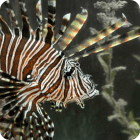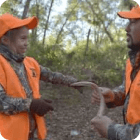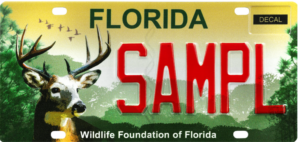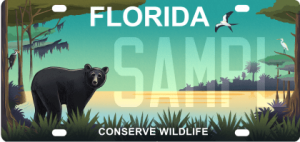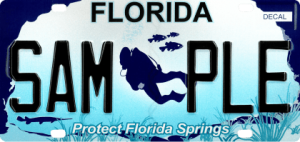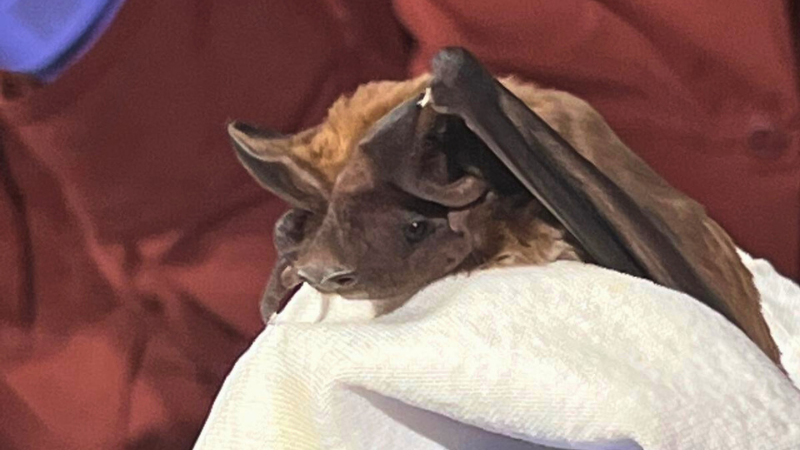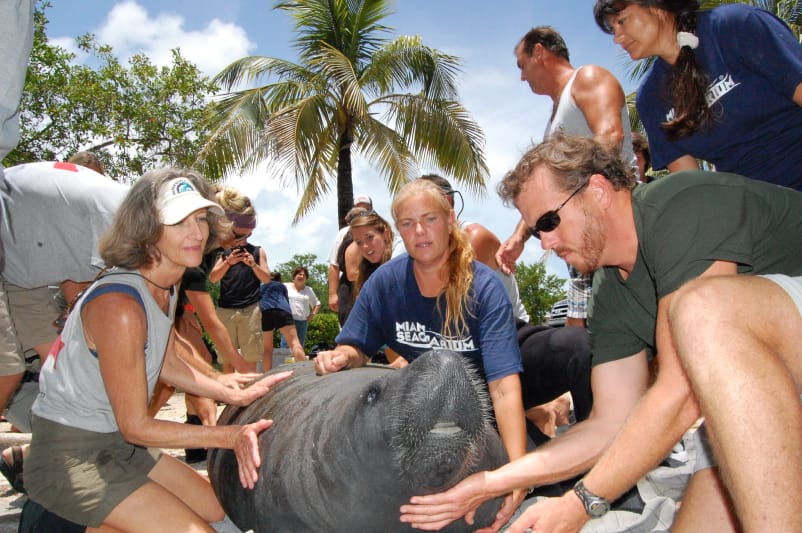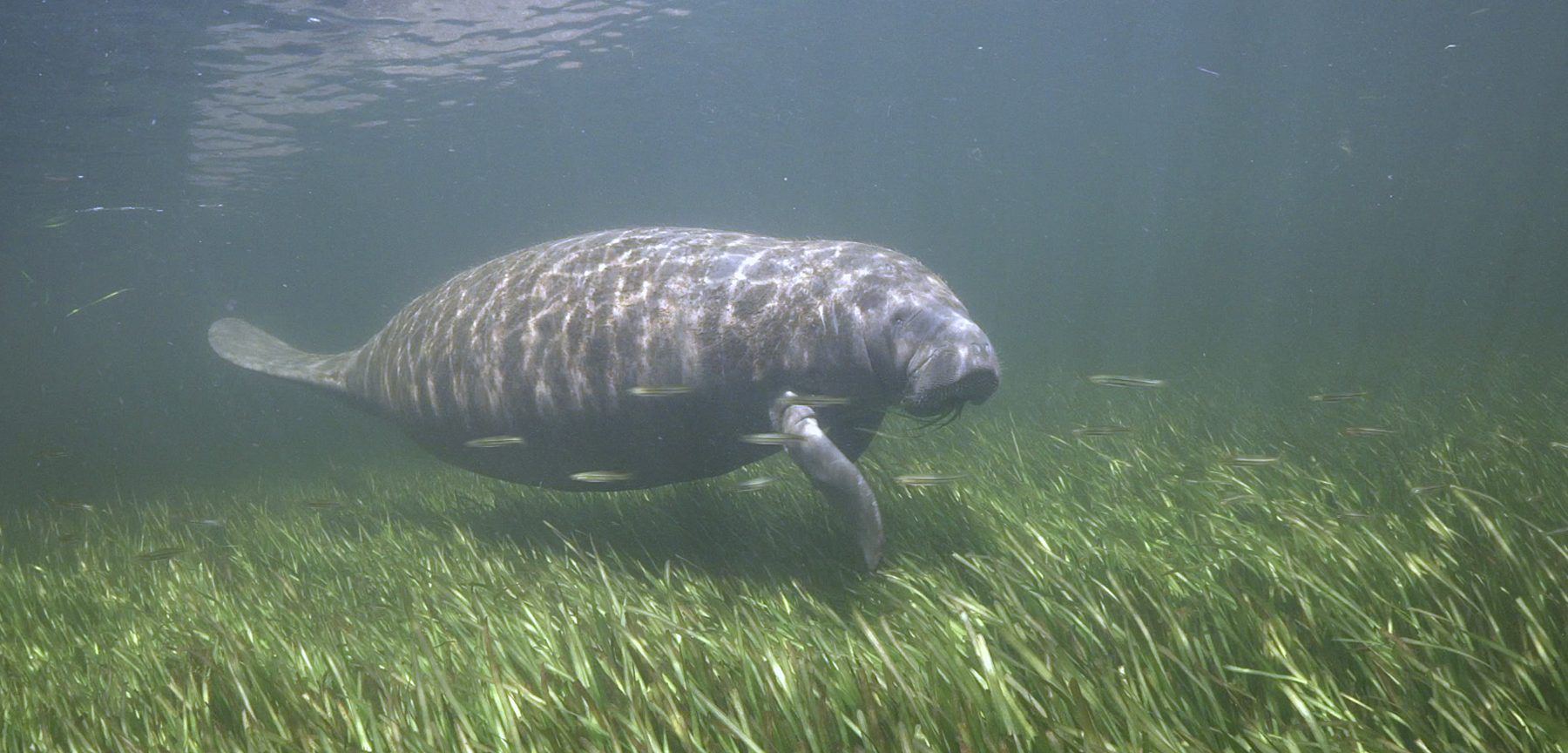
St. Petersburg, FL (January 4, 2022) The state’s iconic marine mammal received a surprise gift for the new year.
A coalition of partners is rapidly responding to provide a meal for Florida’s manatees along the Atlantic Coast. The nonprofit Fish & Wildlife Foundation of Florida announced that it is fundraising to support the Florida Fish and Wildlife Conservation Commission (FWC)’s supplemental feeding trial. In less than a month, the grassroots campaign has already raised over $10,000. Since it is still illegal to feed manatees directly, you can help secure food for them by donating online or via check. All contributions, large or small, help purchase leafy greens as well as other supplies needed to respond to this unprecedented event. The foundation also partnered with Florida Power & Light to supply FWC with a new manatee rescue truck, adding vital resources to respond to animals in distress.
This news follows the foundation’s recent success in meeting its $240,000 fundraising goal to restore the Indian River Lagoon’s overall health. Those funds will help the FWC replant eelgrass at seven promising sites in tributaries connected to the lagoon. The sites were selected based on their water quality and proximity to the lagoon. The replanted beds should expand rapidly and become an important food source for manatees. 150+ individuals from across the country joined Bass Pro Shops and Cabela’s Outdoor Fund, the Coastal Conservation Association, the Coypu Foundation, the Arthur L. & Elaine V. Johnson Foundation and Mr. Daniel Maltz in donating to the effort.
“Eelgrasses are the lungs of the lagoon,” said Foundation board chair Carlos Alfonso. “Two-and-a-half acres of eelgrass can support as many as 100,000 fish and 100 million invertebrates, in addition to providing manatees with a crucial food source.” This project is part of a broad effort to restore thousands of acres of eelgrass lost in recent years to harmful algal blooms. The thick algal mats, fed by excess nutrients flowing into the lagoon, cut off sunlight to the seagrass, ending photosynthesis. The nutrients come from septic systems, fertilizer runoff from lawns and other sources within the lagoon’s watershed.
“Manatee conservation has always been and remains a priority for our agency and we are grateful for the funds received from the legislature, the foundation and others who have contributed to this conservation effort,” said FWC executive director Eric Sutton. “Thanks to these collaborative efforts, we are hopeful we can help improve conditions in the Indian River Lagoon so manatees, fish and other wildlife can thrive.”
“Habitat degradation and loss is the main threat to the majority of our state’s plants and animals,” said foundation president & CEO Andrew Walker. “We’re elated so many donors have stepped forward, and we will continue supporting FWC’s restoration efforts in the lagoon. However, these efforts address long-term issues and are not an immediate fix to manatees suffering this winter, which is why we’re proud to support FWC’s supplemental feeding trial.”
The foundation also supports manatees and aquatic grass restoration with annual grants from the “Protect Florida Springs” specialty license plate fund. Twenty-five dollars from the sale of each license plate, with its image of a scuba diver, are used by the foundation to fund the restoration of Florida’s famous springs.
To learn more about the Manatee Unusual Mortality Event, visit MyFWC.com/Manatee and click on the banner at the top of the page.



